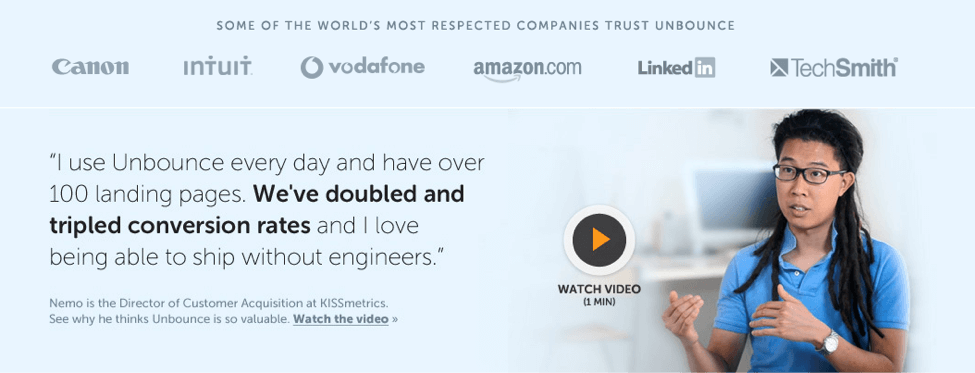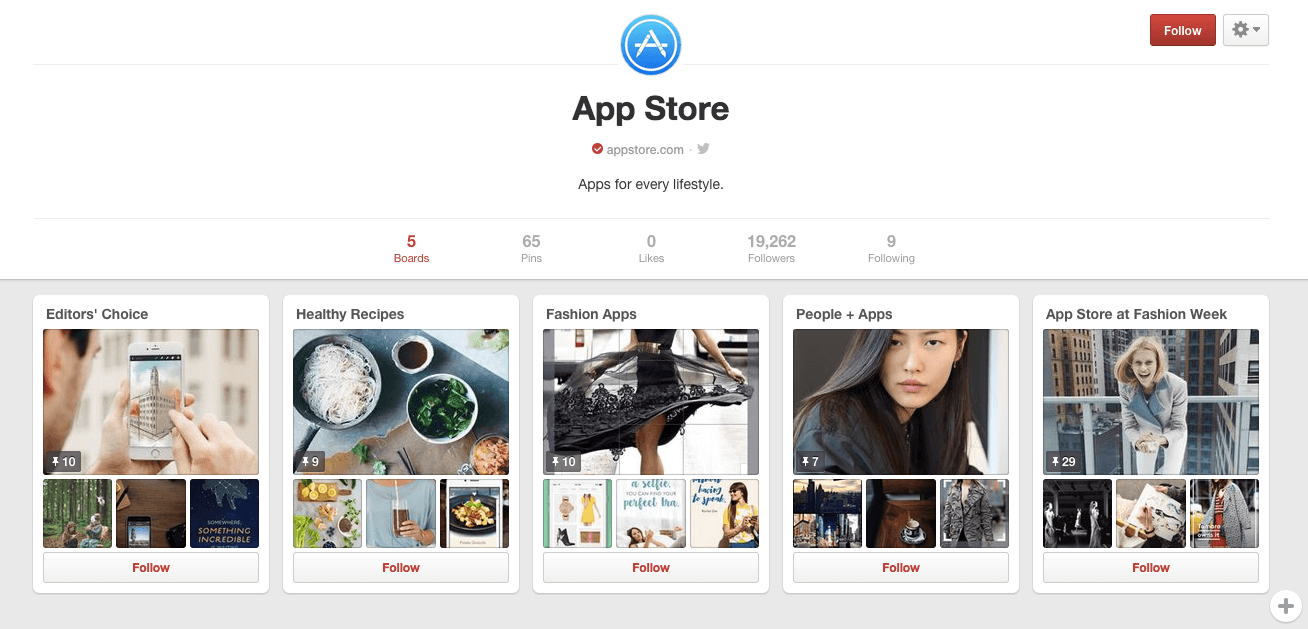Many companies deliver heartfelt messages, drawing from themes like community, patriotism, love or friendship. But that does not mean their brand message is truthful or sincere. Sincerity is about the intention and behaviors behind the message.
Case in point: A few years ago, a utility company landed in the spotlight after a fatal pipeline explosion at one of its plants. The explosion caused tremendous damage to the local area – and to the brand. Following the explosion, the business launched a campaign focused on customer care and service. Ads featured longtime employees, and highlighted a focus on community and the company’s value of service. But, it’s clear what the job of this campaign was: to get us to take our focus off past wrongs and focus on a deep commitment to the community.
Nice try, but not exactly sincere.
Your customers and audience can pick-up on when your message is sincere and when it’s not by how consistently your business acts in goodwill and from the belief your product is truly a high-value benefit for them.
Just because you deliver on what you say you’re going to do does not make you sincere. It makes you responsive.
What is a Sincere Brand Message?
The word sincerity is derived from the Latin word “sincerus,” meaning “pure, clean, sound.” Notice there’s no context for tone in that definition.
Sincerity has little to do with the voice you use in your message, and everything to do with the clarity intrinsic within that voice; a harp may sound more beautiful than a bagpipe to many people’s ears, but if the tone is clear and full, each instrument serves its rightful purpose. So, too, does your message if it’s backed by sincerity.
Jason Perepelikin and David Di Zhang’s 2013 University of Saskatchewan research report, “Quality Alone is Not Enough to Be Trustworthy: The Mediating Role of Sincerity Perception,” finds that: “while overall service quality has a positive influence on customer trust, sincerity has a more immediate impact.” And that, “the relationship between quality and trust was completely mediated by sincerity.”
In other words, if you want to create value – create trust first and fortify that with sincerity.
3 Questions to Determine if Your Brand Message is Sincere
#1: Is the Message True?
While it might be true that your service helps “X” number of people or your product allows faster productivity, if you’re using phrases like “the best,” or “the hardest working,” or the “premiere” service or product, your message falls flat.
Unless you’ve connected those lofty claims with cold-hard numbers, your message comes off as tinny and tired.
To be sincere, you need to back-up big-stake claims with social proof and quantifiable facts. And make sure to update every social media profile to better spread and support your message.
This example from Unbounce is a good representation of how you can use social proof and quantifiable facts to support your marketing message.
#2: Are We Clear about Our Brand’s Personality?
Sincerity doesn’t mean you give up your brand’s voice. It means there’s a quality of goodwill that underpins the message, and it’s imbued through your brand’s personality. A raucous brand like Rockstar Energy Drink doesn’t have to give up it’s “in your face” personality in favor of a more demure makeover to relay a sincere brand message. The brand personality is strong but the serviceable message comes through in their updates.
Businesses can miss the mark on clarifying their brand personality so their message runs askew, prompting a subtle but immediate sense they lack sincerity.
Understand that your brand personality is multi-dimensional. Your brand personality can be both serious and engaging or rugged and down-to-earth; so, your B2B audience, for instance, will see a different aspect of your brand than your B2C audience.
#3: Are We Aligning Our Message with the Right Social Channels?
Your audience probably has a clue what you’re up to if you’re marketing on a social channel just to have a presence.
The way you transmit your message shows your dedication to sincerity. It also calls out your level of trustworthiness.
While consumers have room for the evolving nature of social media marketing, you still need to ensure your message matches the medium. Spend time developing your message and ensure that it fits each social channel.
Apple, for example, is seeking to make headway by using Pinterest to tap into the platform’s heavily health and beauty centric user base. And, they are succeeding! Just take a look at the featured boards on the App Store’s Pinterest profile.
Sincerity Leads to Better Connections!
Hopefully, these questions shed light on how your brand needs to improve in order to better connect with your target audience. In the meantime, share some of your insights on what makes a brand message fundamentally sincere. Or share stories of when brands have missed the mark!




